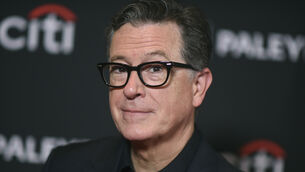Oxfam warns wealth gap is spiralling out of control
Despite the austerity affecting ordinary people around the globe in the wake of the recession, the richest 85 billionaires saw their fortunes increase by a total of around £150bn (€190bn) over the past year — the equivalent of £415m a day or almost a third of a million pounds a minute, the report by development charity Oxfam found.
Research earlier this year found these 85 people had access to wealth equal to that of half the world’s population.














